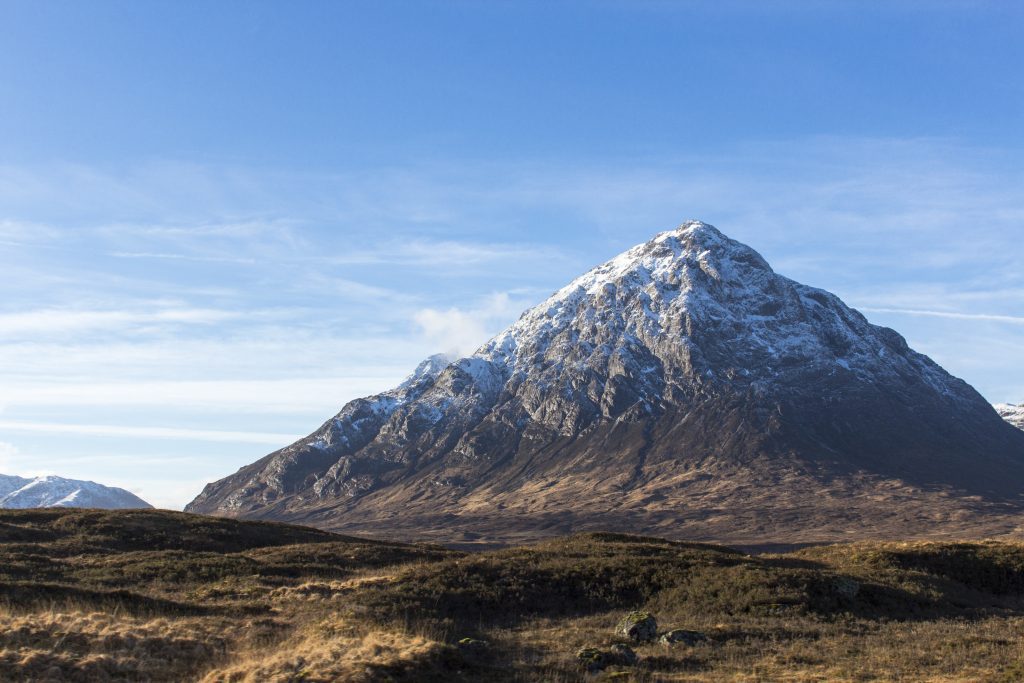Being Male And Relying On Phone Apps Are The Biggest Dangers In The Scottish Mountains
Scotland’s climbing expert, Heather Morning, asserts that being a male and unable to put away your mobile phone are some of the critical risks on the Scotland Mountains. That aside, not being mindful of the avalanche forecast can also end you in grace.

Morning, the chief instructor at Glenmore Lodge, has urged visiting climbers to “think winter” during springtime. Police Scotland says seven persons died on the hills in February alone, while mountain rescues rose by 40% recently. In addition, there is an increase in climbers misreading treacherous conditions on the summits.
Morning indicated, “Into March, we get longer daylight hours, and down in the glen here, it very much feels like summer. People aren’t switched on to the fact they might still need an ice axe and crampons up high.”
The weather conditions in the Cairngorms have become dangerous due to the current warmer days and frosty nights. With this, meltwater easily turns to hard ice at night. Morning revealed that men are mostly the victims of the Scottish mountain’s deaths. She added that men over 60 are the group that mainly falls into difficulties.

Morning previously served as a mountain safety advisor at Mountaineering Scotland. During that period, she analyzed data spanning 70 years until 2019, discovering that out of 114 fatalities, only 10 were women. She said, “Considering male and female attributes concerning risk-taking, guys tend to overestimate their ability. They don’t think that they need formal skills training, whereas ladies tend to swing way the other way.”
According to her, women are mostly less confident in their abilities and more willing to take courses like navigation courses. She said most climbers, especially males, believe navigation course is irrelevant, but it’s critical in ensuring safe climbing. “Basic navigation error of putting people in the wrong place,” she noted.
Morning said most young people assume that having an app on their phone is enough for proper navigation. This, according to her, makes it more challenging to educate such people on why to use outdoor resources like a compass.
